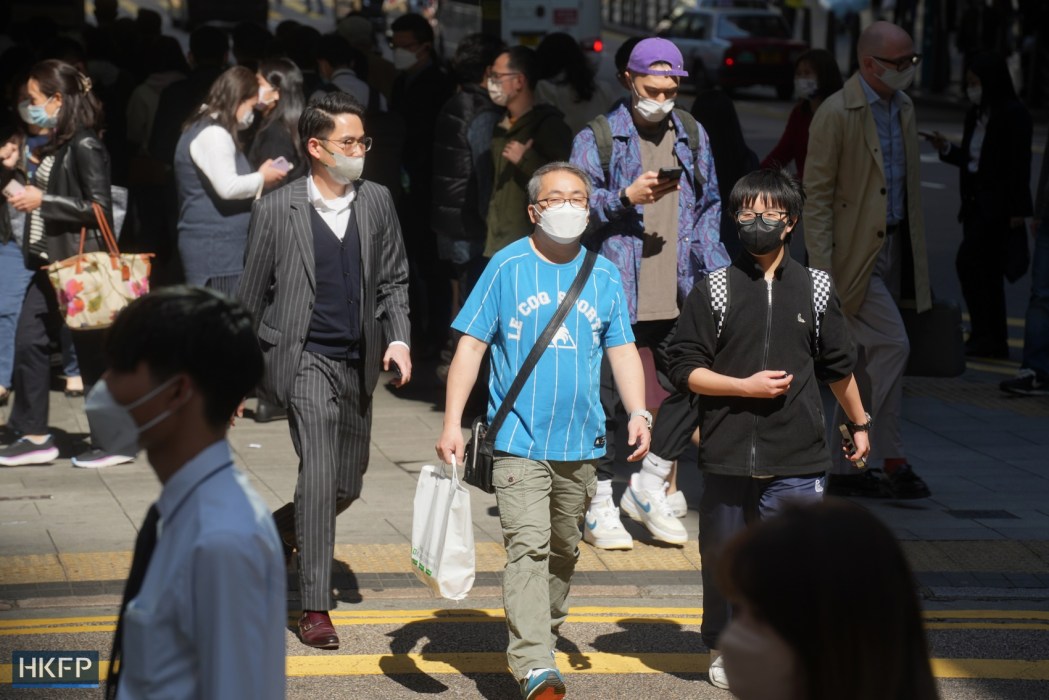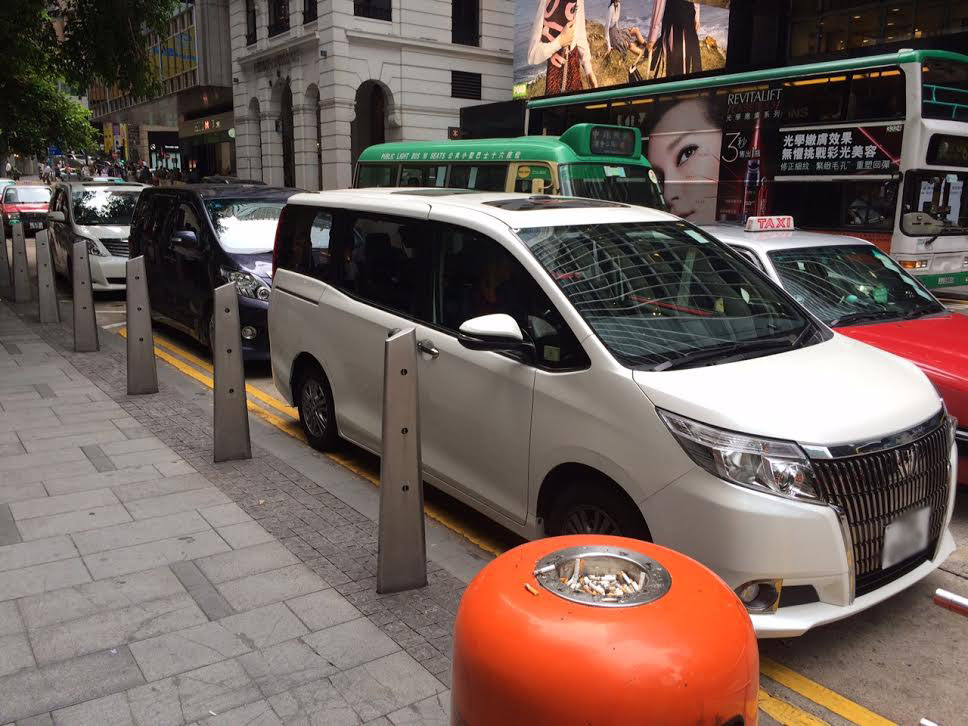One of Hong Kong’s endearing historical oddities is the continuing presence of a First Class section on trains plying the tracks formerly known as the Kowloon-Canton Railway.
There were some fears that when the line was extended to Hong Kong Island and the carriages were replaced, leading to longer journeys and shorter trains, the first class would disappear. No other MTR line has one. But it is still there. I am a regular, though not entirely guilt-free, user.

And so it came to pass, as King James’s committee put it, that I noticed the fixed penalty for travelling first class, without first doing a little ritual with your Octopus and a “validation” gadget, had risen from HK$500 to HK$1,000.
Is that rather a lot? Difficult to say. My anecdotal impression is that most of the people caught by the MTR inspection teams are either in my age group or mainland Chinese, which could suggest a misunderstanding of the system rather than any serious attempt to cheat. On the other hand they must also have overlooked the copious signage which the MTR provides.
The obvious standard for comparison is the fixed penalties for other offences not under the jurisdiction of the MTR Corporation. But this presents a rather disorderly scene. There is a tendency for fines to be revised upward occasionally in the light of inflation. Also, the more recently imposed ones tend to be bigger.
So, smoking in a public or prohibited place will cost cost you HK$1,500, a level set in 2009. Shopkeepers who fail to charge their customers for plastic bags can be charged HK$2,000, which dates from the same year. Requirements on mask wearing and public gatherings, introduced during Covid, attracted fixed penalties of HK$5,000.

Various public cleanliness rules have been with us for a long time, but the penalties were updated last year, and now run to HK$3,000 for littering, spitting, bill sticking and failure to tidy up after your dog, with HK$6,000 for obstructing a public place or unlawful waste disposal.
The one anomalous area concerns traffic. Fixed penalties for speeding and other minor offences range from HK$230 to HK$1,000, though some of them also come with penalty points. Scandalously, the cost of a parking ticket is HK$320, a level which has not changed since 1994.
I am not a huge fan of the Transport Department, but this particular anomaly is not their fault. In 2017 the department proposed raising the fixed penalty to HK$500. The government’s guaranteed majority in the Legislative Council, normally a compliant bunch, kicked up a fuss.
The department modified its suggestion to HK$400, but the relevant Legislative Council (LegCo) sub-committee still rejected it, on the grounds that the government “should provide more parking spaces first.”
The then-secretary for transport promised to continue to “discuss with LegCo and stakeholders” what to do about this. But since then it seems that LegCo and the stakeholders have stood firm in their view that parking should be subjected only to trivial penalties.

In fairness to some of the LegCo members, it seems they were concerned about commercial vehicles getting tickets during deliveries or overnight parking. On the other hand, there seems no obvious reason why the government should be responsible for providing nocturnal accommodation for trucks and vans, whose buyers should have known in the first place that they would need to keep them somewhere.
Anyway, the result of the level of fines is lively discussions on websites where car owners gather, about the attractions of parking illegally and paying the fines as they come in, rather than coughing up HK$6,000 a month, which is the going rate for a parking space in some estates.
I conclude that the MTR’s fine is reasonable, comparatively, while the level of parking fines is a sick joke. It is unacceptable that humble droppers of litter should be fined HK$3,000, which is a substantial proportion of many people’s pay packets – or two months’ income if you are trying to live on your “fruit money” – while drivers, an affluent bunch in general, are treated with such deference.
Notice also some mind-blowing figures in the budget. The government expects to collect HK$1.27 billion in parking fines in the current year. This will involve the issuing of no less than 3.9 million tickets, on average a bit more than four for every registered vehicle in Hong Kong. Clearly as a way of deterring illegal parking the whole system is a lamentable failure.
Type of Story: Opinion
Advocates for ideas and draws conclusions based on the interpretation of facts and data.
Support HKFP | Policies & Ethics | Error/typo? | Contact Us | Newsletter | Transparency & Annual Report | Apps
| HKFP is an impartial platform & does not necessarily share the views of opinion writers or advertisers. HKFP presents a diversity of views & regularly invites figures across the political spectrum to write for us. Press freedom is guaranteed under the Basic Law, security law, Bill of Rights and Chinese constitution. Opinion pieces aim to point out errors or defects in the government, law or policies, or aim to suggest ideas or alterations via legal means without an intention of hatred, discontent or hostility against the authorities or other communities. |
Help safeguard press freedom & keep HKFP free for all readers by supporting our team

More HKFP OPINION:
HKFP has an impartial stance, transparent funding, and balanced coverage guided by an Ethics Code and Corrections Policy.
Support press freedom & help us surpass 1,000 monthly Patrons: 100% independent, governed by an ethics code & not-for-profit.










